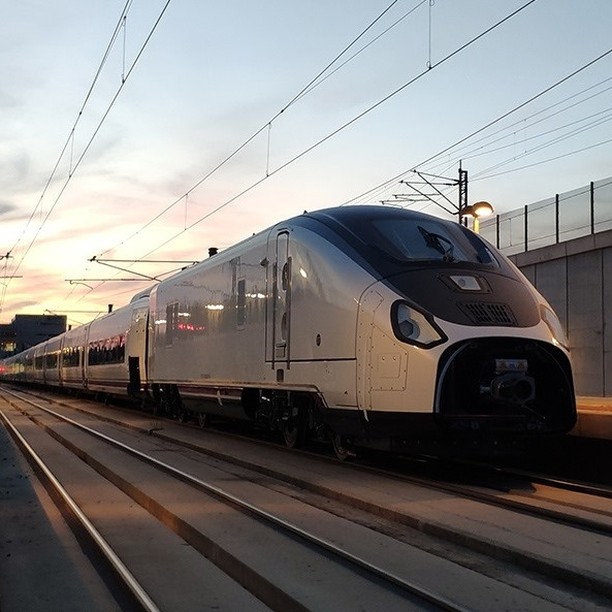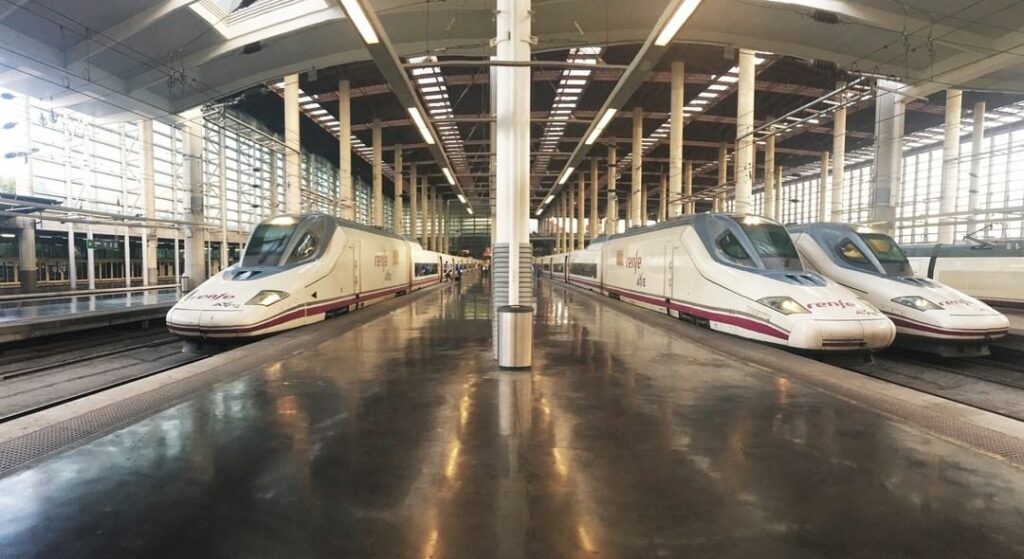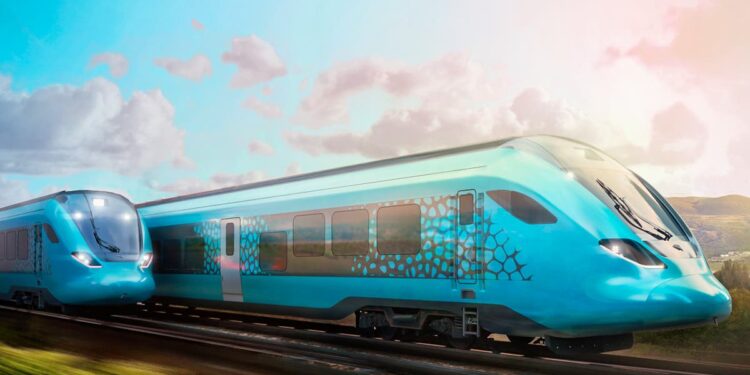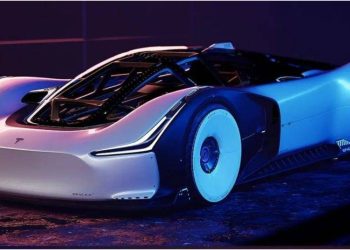The use of hydrogen as tomorrow’s fuel has great advances beyond vehicles, including airplanes and streetcars. The latter sector will be promoted by Talgo and the company’s first train of this kind in collaboration with Repsol, which will provide all its knowledge for studies and development.
Both companies are from Spain and will put their hands to work for giving life to Vittal-One, the first hydrogen train which was introduced in 2020, to replace current machines powered by diesel, a fuel source generating carbon emissions harmful to the planet.
This name has been chosen to demonstrate hydrogen’s “vitality”, being the first element on the periodic table (Vittal-One = One vital). Talgo opted this way to baptize its creation, promising to mark a milestone in sustainable mobility.

The first real-world tests are scheduled for this year in order to start the first stage of the project. Depending on the information obtained from these tests, manufacturing processes would begin between 2021 and 2023, to complete the hydrogen fuel cell’s inclusion in the streetcar sector.
Related content: 3 Hydrogen Trains to Arrive to France by 2024
Repsol’s Role on the Vittal-One Train
While Repsol has an important presence in the Moto GP, the company will provide all its expertise on the first Talgo hydrogen fuel cell-powered train, as the main supplier of the necessary infrastructure to generate the hydrogen for the entire network.
One of the most intriguing details is how Repsol generates the hydrogen. The Spanish company extracts organic wastes from its industrial facilities to produce biogas, which will serve as the main “engine” to produce it.

As for the train’s operating system, it employs electrified power units positioned on the axles, which are powered by energy generated by the hydrogen cell, which burns the fuel and converts it into electric charge.
Written by | Ronald Ortega












